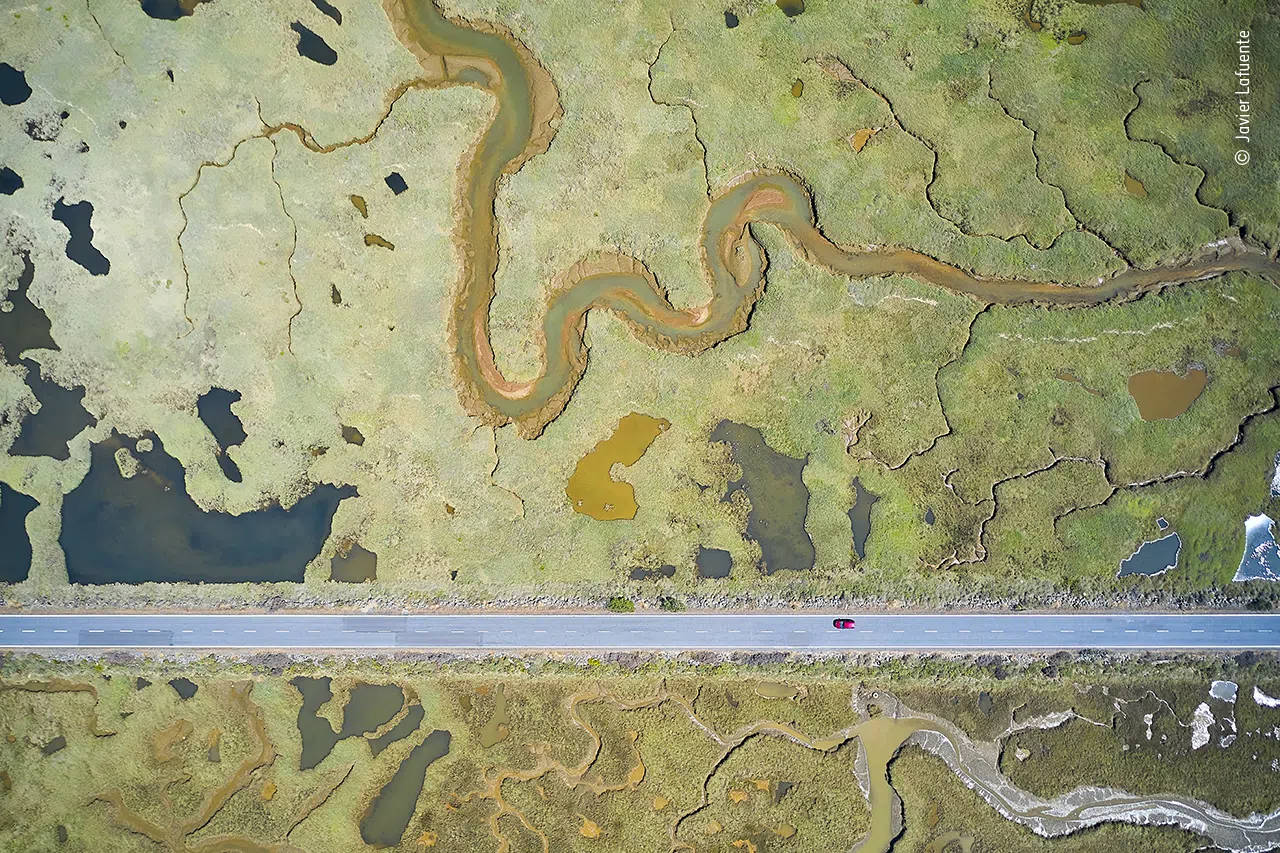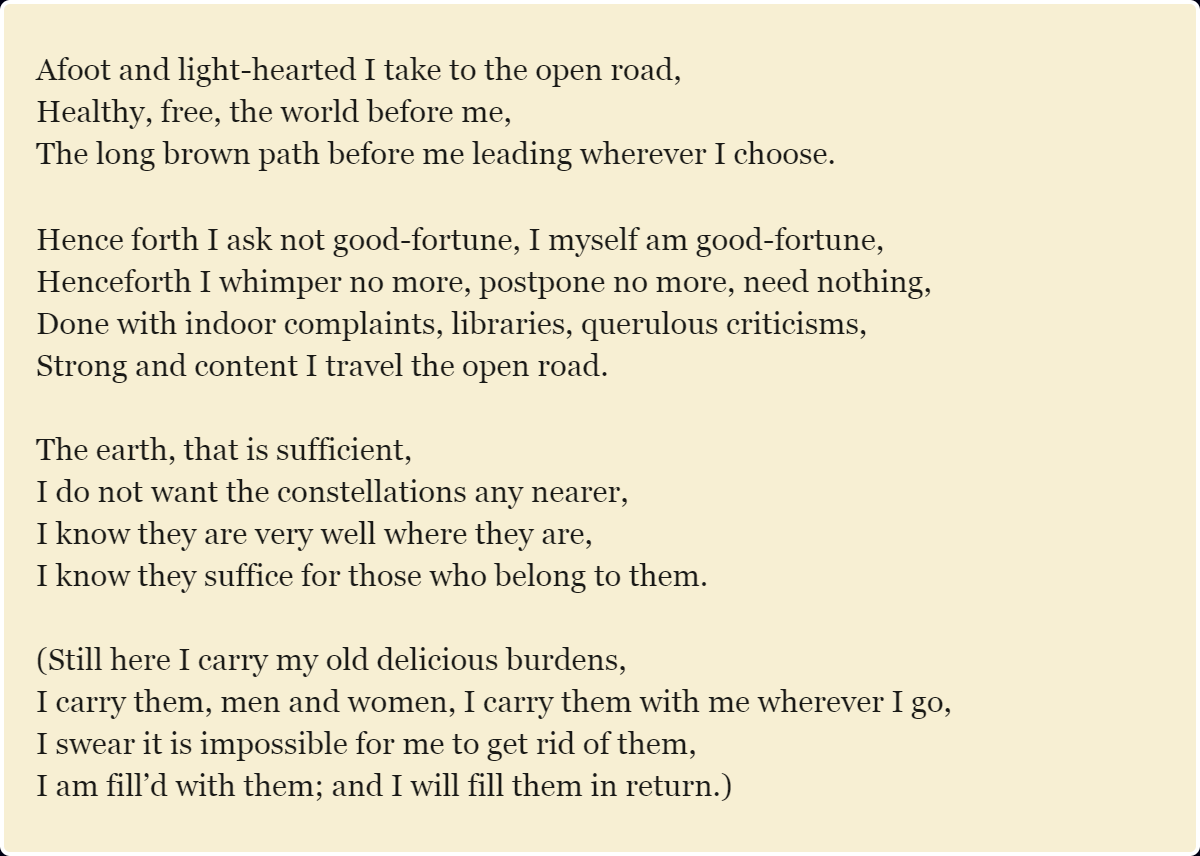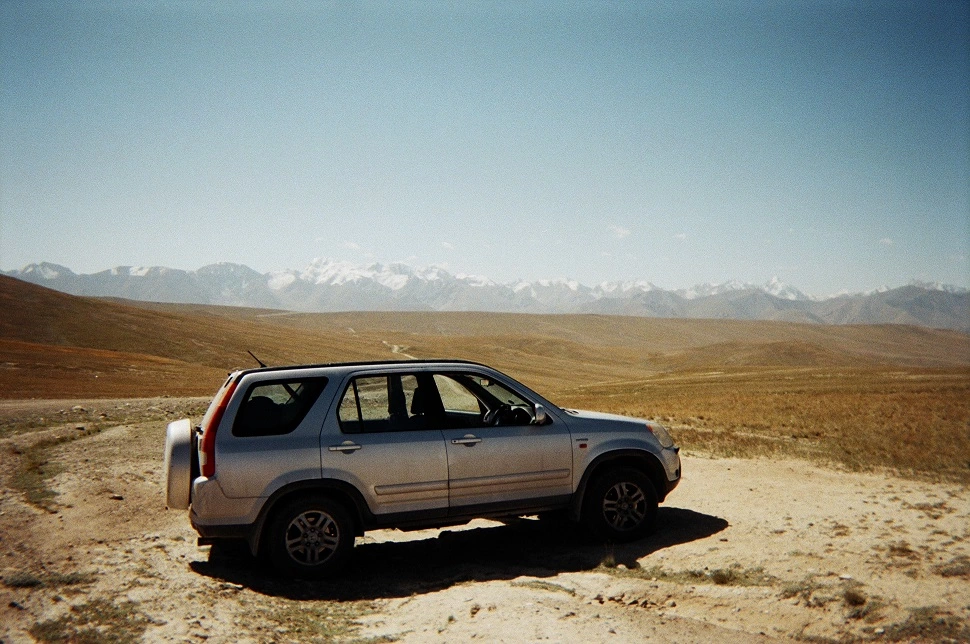People of somewhere
Moving is severing ourselves from a past life. To announce to an uncaring, entirely indifferent city here I am. You have no idea who I am.
If moving is a call to our own selves, those selves buried beneath who we present as in the here and now, then travelling is an escape. A temporary privilege for those with somewhere to go home to, somewhere that can be made warm and where you can store milk upright. Does that make it worse? What matters is that we relish the inbetween, the liminal space that is not quite a transition because you don’t change while moving - that is a matter postponed for the before and after - in the move you are simply inbetween.

Those of decades ago were far greater movers. They moved because somewhere else would provide a better life, or because where they were could not provide a life. This necessary aspect has now been relegated to immigrants. We move far less in the West and we are more likely than ever to stay put in our country, and in the cities we are born into. What great sorrow. Moving is the best demonstration that you hope for a better life, a plunge into a washing machine of traffic and people too close to you and journeys that take longer because you don’t know where you are, you don’t know how to get to where you want to be. We escape preconceived notions of ourselves, we can escape vices, and exes, and we tell ourselves stories of who we could be, if only we were somewhere else. It is a signal of hope.
The decision to uproot your character necessarily comes before the decision to uproot yourself. Some people are born citizens of somewhere, they acculturate to the pies and stews and they learn to appreciate, if not love, temperate days embittered by gusty winds. Yet these people with sure souls become just as uncertain as those that grow up with feet in two cultures or more, those that feel out of place by a mother tongue that slips through their fingers as they age. Both become citizens of nowhere as they move. For both, moving is a will to transform. A desire and hope to change but not a guarantee.
Movers, dreamers, scared adventurers, all have no social contract. No care for their street and whether it’s clean of shiny wrapper, dull gas canisters and bottles. The world is not split between the people of somewhere and the people of nowhere, that is a view begging for antagonism, but there’s no need to pretend that movers may value their community as much. And is moving so good after all? Look at Kant. He never left Konigsberg, a city of 60,000 at the time of his death. Perhaps you could imagine being born in, and never leaving, Bangor, or Margate, or Welwyn Garden City 1.

In America, moving seems soaked into the marrow of the bones, ossified in the public psyche. Cars are used to express who you are 2, and the cities are built around driving. Kerouac’s thinly veiled auto-biography ‘On the Road’ has him zig and zag across America 3 to meet with beats like him in the East and West. The road is part hellish interminable suffering, as fellow hitchhikers steal his clothes and he subsists on small change and alcohol, and partly a limbo where he can perform charitable deeds, play at being moral and temporarily escape his demons. Whenever he stops, Kerouac is engulfed in an even faster pace, and is a generally terrible person. It’s only when he’s moving that life becomes artifice and he escapes himself, if for a moment. As a result, On the Road is necessarily a great American novel, for the American people are the greatest movers, and though his work has been rightfully derided and critiqued at times, there are few better representations of the frantic desire to just go, to just do.

For Kerouac, the road is only a means to an end in name. It really is an end in itself. There’s nowhere to go, and at the end of some of his journeys, he hardly stops before setting off again. What a bizarre thing to meditate on, a man-made track, a scar in the environment, dirt travelled and well worn. The adventure is in the hills! In the mountains and the woods! In the shrubs and in the sea. Yet knowing all of this we still fantasize such easily travelled paths.
Kerouac never really achieves anything on the road. His novel is filled with wild passions and conversations in rapture but that all just veils a sad, sad story of dragging his feet cold and unsure across America. It all feels desperately unfulfilling. He writes a book, I guess. But he also writes letters to his Ma too, asking for money to see him through. On the Road ends up being sad and lonely, it feels like he begins and ends a citizen of nowhere.
Despite a half-century between them, the way that Whitman and Kerouac talk about being on the road, and though one may be dirt and the other pressed asphalt, there is a striking resemblance. For Walt Whitman, the road let’s you express yourself entirely, be true to yourself and the baggage you carry while embracing your courage and equanimity.

Walt Whitman is perhaps America’s greatest poet, and the rhythmic unstructured language which Kerouac adopted seems to have been influenced by Whitman. In both we find a deep love of people, although Kerouac jumps between making this feel superficial and insulting such as when he calls Mexican labourers ‘salt of the earth’ to deep empathy.

Whitman’s appeal to all feels more genuine. His work verges on the gender neutral as he writes of men and women in turn as equals at a time when they were anything but. Sections featuring men and women take turns and are given equal prominence and it feels like he’s honest in his understanding and sympathy for women.

Whitman makes the road everything, he makes it the entire universe, a place where we are our best selves, everyone is accepted, and everyone is their best selves. His Song of the Open Road is a gleeful with his excitement at who we would be, who we would see and who he would see if we just ventured out and moved. It is a call to action.

I still love exchanging smiles with strangers, being a citizen of nowhere, resting my head against the train window and for a brief while, imagining. A while ago I even set out on the road with a few friends. We all wanted to see some of the world. Bound by that beaten path, we didn’t see much more than the road and those liminal spaces in ourselves.

We bought an old jalopy from a man who sold it so cheap, he must have just won the lottery. He threw in an old set of speakers too and we set out east with the newly christened Talulah. We kept going east even sailing across the Caspian sea in a rickety ship holding our rickey Talulah, holding our rickety breaths, stepping out on the road to see the night dazzled with stars and brushing our teeth on the road spitting out great streaks of white toothpaste onto the road and pouring water on our sweating faces, our parched souls, that ran and soaked into the road. For a brief moment, we were all people of somewhere.

-
At the time Konigsberg had a population circa 60,000 ↩︎
-
Perhaps until recently. Now young people are more likely to express themselves with their phones, or online personas. ↩︎
-
Kerouac’s hand drawn map across America https://www.kerouac.com/kerouac-letter-home-july-29-1947/jack-kerouac-road-map/ ↩︎